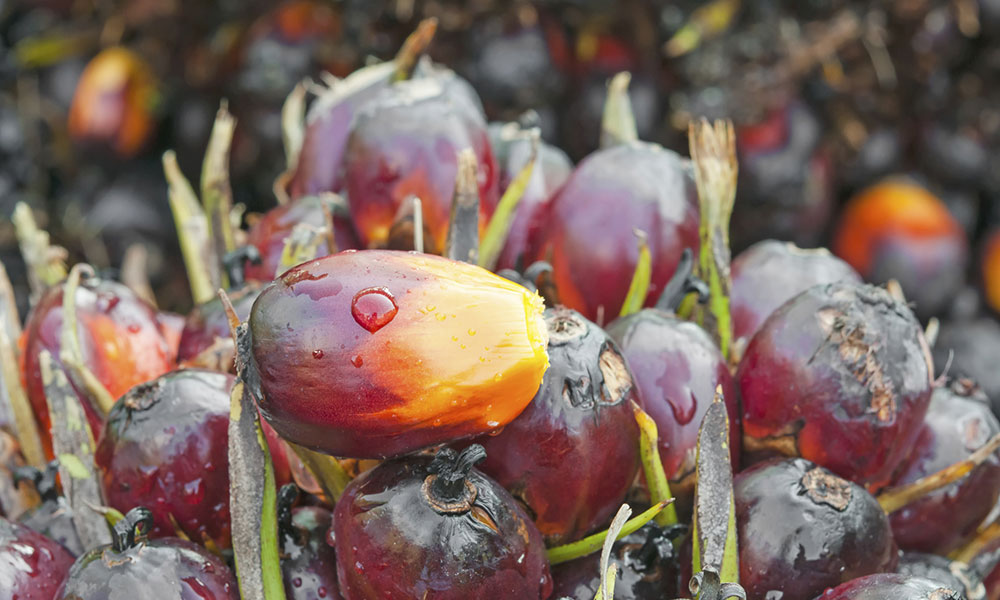
Why This Palm Oil Sustainability Group Ditched Its Own Members
As concerns about deforestation plague palm oil manufacturers, a coalition focused on sustainability has implemented a bold strategy to hold its members to their promises: It terminated memberships of more than a dozen noncompliant companies and suspended many others.
Coalitions focused on sustainability sometimes encounter scenarios like this: A company joins, signing a pledge, but then fails to follow through on the promises it made—by not reporting information, for example, or not taking the socially conscious actions that give those promises teeth. If the problem spreads, the coalition becomes less effective.
To prevent that slippage away from its mission, the Roundtable on Sustainable Palm Oil recently threw out more than a dozen members—and suspended more than 60 others—that failed to submit the Annual Communications of Progress report to the organization for at least two years. The report demonstrates members’ progress toward producing or purchasing 100 percent RSPO-certified sustainable palm oil.
Expelled members, those that haven’t submitted the report for three consecutive years, had their membership benefits, including their RSPO trademark license, revoked immediately. Suspended members, those that haven’t submitted the report in two consecutive years, also lost their benefits, but the coalition gave them a 30-day grace period before their trademark license and certificates are invalidated.
Many of the expelled organizations are palm oil processors or traders, and a few are growers, but many of the suspended organizations, such as the eco-friendly U.S. company Seventh Generation, are household-name manufacturers. (Officials from Seventh Generation did not respond to requests for comment.)
RSPO’s move to punish violators received plaudits from one major environmental group: The World Wildlife Fund, which has kept close watch on the palm oil industry’s contribution to deforestation, noted that the organization’s focus on progress is heartening.
“We hope that this is a sign that the RSPO and its membership are now taking seriously not only the need to report progress but also to show progress,” WWF’s Adam Harris said in a statement. “The duty to continuously improve performance is central to the founding vision of the RSPO, and this applies not only to the organization as a whole but, more importantly, to its individual members.”
RSPO may be feeling pressure to boost its standards. Environmental news site Mongabay.com noted that while RSPO remains the most prominent certification-standard body for the palm oil industry, it “has been overshadowed of late by zero deforestation policies being established by growers, processors, traders, and buyers.”
“These policies are underpinned by RSPO standards,” Mongabay founder Rhett Butler wrote, but have more built-in environmental protections. And despite RSPO’s efforts, WWF noted that just 57 of the organization’s 119 registered growers have received certifications for any of their mills.
“While some leading members of the RSPO are doing well and delivering on their promises, too many are still doing nothing,” WWF’s Harrison added.
(iStock/Thinkstock)






Comments